University of Minnesota issued the following announcement on March 8.
Starting within our own families and social groups can be a fun — and logical — first step when it comes to taking action to make a difference in our world.
“There are many kinds of health: physical, mental, social, occupational and planetary to name a few,” says Kelly Kunkel, University of Minnesota Extension family development educator. “And they all go together.”
Webinars in Extension’s family-friendly Earth care series began in early March and continue through May. Read this article to learn about these and other webinars on how families can be healthy and resilient.
Here is a taste of what Extension educators are saying:
Reduce food waste
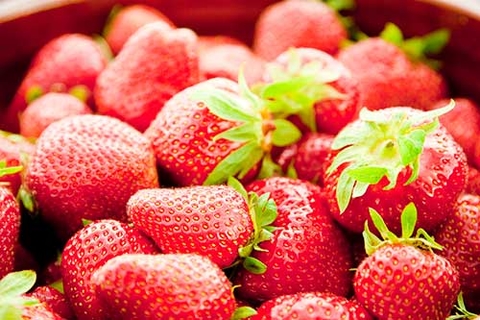
In 2016, a public service announcement told the story of a strawberry, with all of the work and resources put into growing it. Spoiler alert: the uneaten fruit met its moldy demise in a family’s garbage can.
While the ad built awareness, Kunkel says, “Americans waste a lot of food, especially produce. Food waste costs Americans approximately $370 each year per person, and yet much of the food being thrown away would have been safe to eat.”
Kunkel says that some of the confusion is over the “sell by,” “best by” and “use by” dates on food, which are often misinterpreted as expiration dates. And sale prices can make items seem too good to refuse.
“I recently struggled with this myself when I came upon a buy-one-get-one sale for 5-pound bags of potatoes,” says Kunkel. “I could not have used both bags of potatoes, but in this case, I took advantage of the sale and gave one bag to someone else. If you don’t have a plan for your purchase, it’s not always a good deal.”
Kunkel suggests going over store sale ads ahead of your shopping trip, making a meal plan for the week, making a grocery list for that plan and then sticking to that list.
Watch a recording of the Reducing food waste webinar.
Recycle food into fertilizer by composting
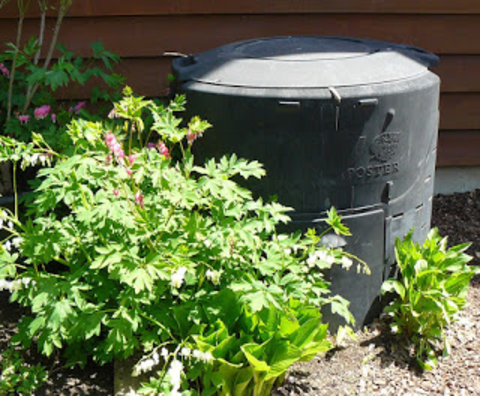
Composting at home is a small but fascinating way a homeowner can recycle soil nutrients from yard and food waste. While there are different techniques, all follow the same basic rules of biology.
“In essence, we are taking advantage of hungry microbes, and making their lives easier,” says Shane Bugeja, Extension educator in agricultural production systems.
Bugeja asks us to consider that a banana we enjoy at lunch needed fertilizers that were mined or made from energy-intensive processes and that diesel-burning trucks transported it to our supermarket. By composting the peel, we can keep at least a portion of those nutrients and reuse them a second time in our gardens. Compost is a type of fertilizer; it needs to be applied properly to avoid damaging plants.
In the Composting 101 webinar on April 7 at 1 p.m., Bugeja will go over some of the common pitfalls that can be annoying to first-timers and show ways to avoid them.
Plant an edible landscape
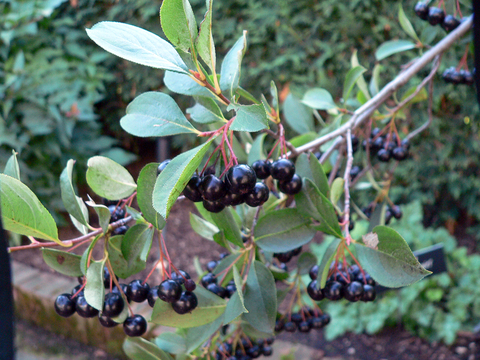
Gary Wyatt, Extension forestry educator, helps communities create public areas for growing fruits and nuts that everyone can harvest. Exploring options for what you can plant on your own can be a family activity.
“Hazelnuts are becoming more popular, and you can grind them up with some chocolate and make your own version of Nutella. Kids love that,” says Wyatt. The Upper Midwest Hazelnut Development Initiative can identify growers who can provide plants suited to your area.
As for fruits, Wyatt notes that purple berries are high in antioxidants. “The big ones to try are Juneberries (also known as, or similar to, serviceberries or saskatoons), Aronia or black chokeberries, and honeyberries,” he says. “Asparagus and rhubarb are other perennial plants that will provide food for your family from year to year.”
Watch a recording of the Edibles and decoratives from the woods or backyards webinar.
Remember self-care and support for addiction recovery
People often receive good information about health and nutrition from their health care providers, Extension SNAP-Ed educators and their own trusted sources, such as elders and teachers. Family, friends and peers can support one another in making a plan to eat healthy food, exercise and enjoy time outdoors in nature.
Self-care and the support of family, friends, peers and care teams are especially critical to those in recovery. Keeping the commitment to sobriety is easier when energy levels can be maintained. “Integrated nutrition and exercise in the early stages of recovery improve long-term behavior change,” says Jimmie Johnson, an Extension health and nutrition educator. “It’s hard to give easy answers because it is not that easy if you suffer from addiction, but each and every day think about how you will meditate, move and refuel your body.”
Attend the webinar on Nutrition and physical activity for recovery with Amanda Vanyo and Johnson on March 29 at 1 p.m.
Original source can be found here.
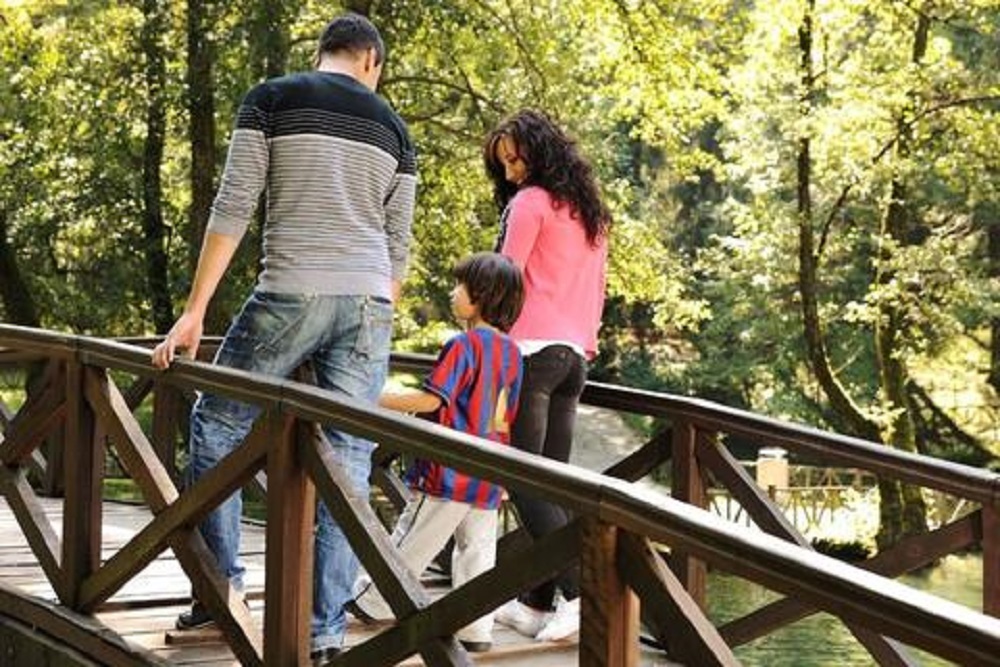


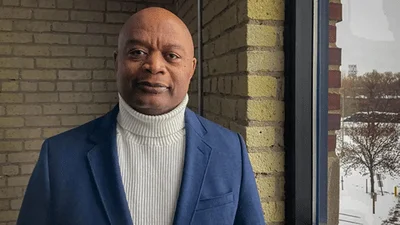
 Alerts Sign-up
Alerts Sign-up